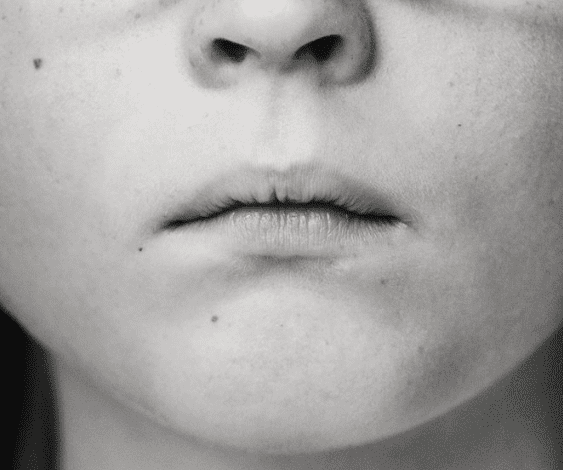Howard Fischer
Uppsala, Sweden
“You shall nose him . . .”
— Hamlet, Act IV, scene III

It was July 1977. After having done a rotating internship, I was starting my pediatric residency at the academic children’s hospital. My first rotation was in the outpatient clinic, an old, run-down building a few blocks from the main hospital. The residents were closely supervised by a group of attending physicians, most of them good, patient teachers. They knew how to titrate their presence—they would enter an examination room if the resident asked them to, or if the history or physical examination presented by a resident led to questions.
I entered an examination room and saw a mother and a boy, maybe four- or five-years old. There was an unusual smell in the air. I introduced myself and asked the mother why she had brought her son in. She told me that there was a smell about him. He had seen his doctor, who had examined him and suggested that the boy might have kidney disease. The child was of normal height and weight, and was active and somewhat apprehensive. I got close enough to him to smell the odor, but I could not identify it. I knew enough, I thought, not to think of uremia in a well-looking child. I asked some more questions and got some answers, none of which helped me to narrow in on a diagnosis.
The next step was the physical examination. I did a complete examination and still had no idea about the source of the smell. I stepped back to rack my brain some more, and I realized that I had not looked in his nose. Well, I wanted to be complete (though still not suspecting anything specific). I found a nasal speculum and looked in both nostrils. There was something in one of them, and it did not look like anything organic. I gently grabbed it with a forceps, and out it came. It was a piece of cotton, impregnated with nasal secretions, and it smelled horribly. I told the mother that we could forget about kidney disease; the source of the smell had been located.
How proud I felt that I had located the source of the problem. The pride lasted about three minutes, and ended when one of our clinic nurses walked into the room, sniffed the air and said, “A nasal foreign body, huh?”
Moral: When all else fails, examine the patient.
HOWARD FISCHER, MD, was a professor of pediatrics at Wayne State University School of Medicine.

Leave a Reply